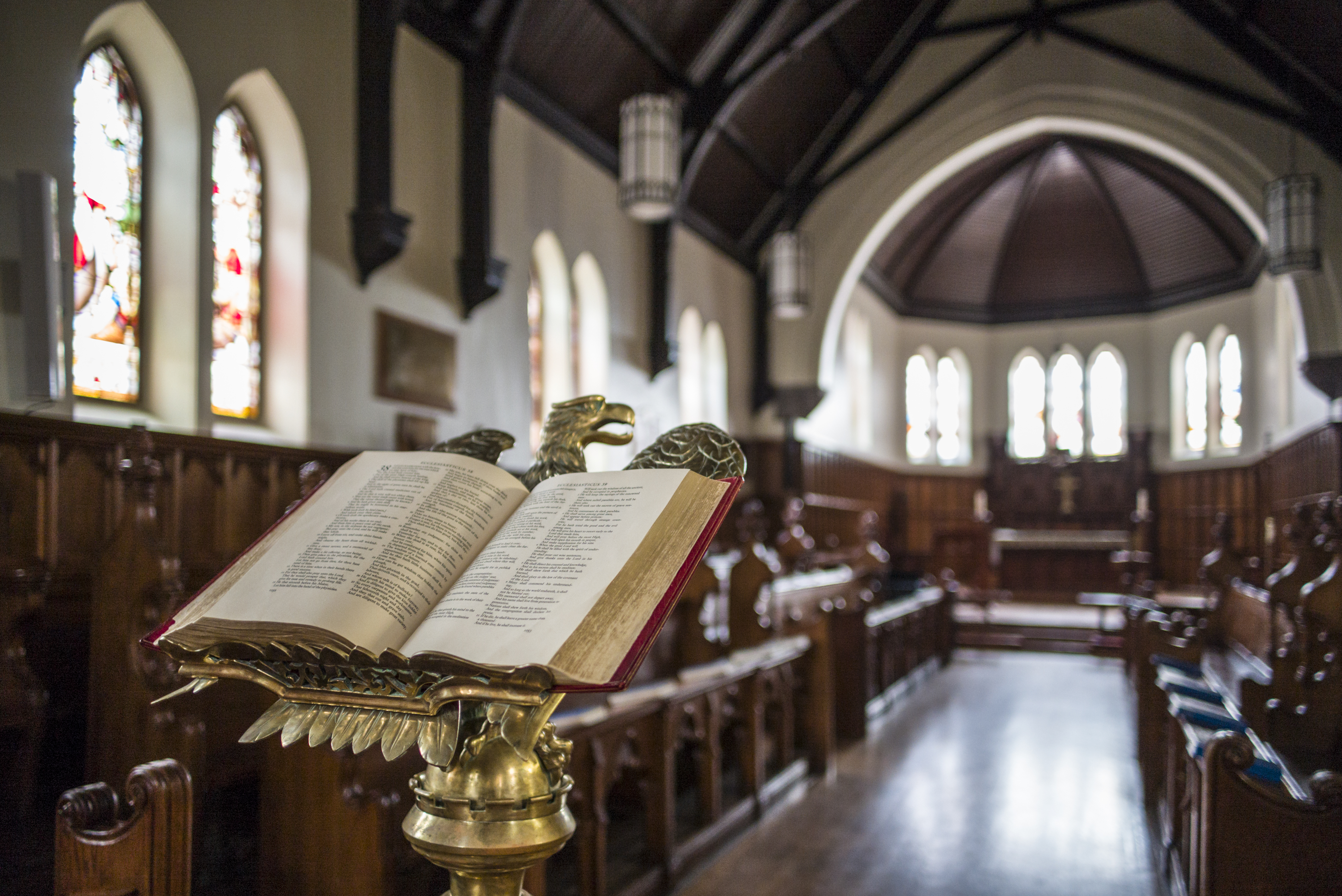
Source: Walter Bibikow / Getty
In another church tragedy, Pastor Isaac Hunter—the son of the spiritual adviser to President Obama—has reportedly taken his own life. Hunter’s death is making national headlines because of his megachurch father Pastor Joel Hunter’s influence on the White House, his marriage troubles and an undated suicide note found last year, but his death is far from the only pastoral suicide in recent months.
Just days ago, a pastor who was grieving his dead wife reportedly shot himself in front of his mother and son, expressing that he was hearing his dead spouse’s voice and footsteps. Pastor Ed Montgomery and his late wife, Prophetess Jackie Montgomery, served at the Full Gospel Assemblies International church in Hazel Crest, Ill.
In November, a Georgia pastor killed himself in between Sunday services. Larrinecia Sims Parker, the wife of the Rev. Teddy Parker Jr., found the pastor in the driveway of their home with a self-inflicted gunshot wound, Houston County coroner Danny Galpin reports.
Why the sudden rash of pastors committing suicide? Suicide is not a new problem among the clergy, but three known suicides in less than two months beg a deeper look at the issue.
There is no lack of statistics about pastors and depression, burnout, health, low pay, spirituality, relationships and longevity—and none of them are good. According to the Schaeffer Institute, 70 percent of pastors constantly fight depression, and 71 percent are burned out. Meanwhile, 72 percent of pastors say they only study the Bible when they are preparing for sermons; 80 percent believe pastoral ministry has negatively affected their families, and 70 percent say they don’t have a close friend.
The Schaeffer Institute also reports that 80 percent of seminary and Bible school graduates will leave the ministry within five years. It’s not clear how many commit suicide, but it is clear that pastors are not immune to it. Psychologists point to several reasons why people commit suicide, from depression to psychosis to stressful life situations. But one thing is certain: Whatever drives someone to take their own life ultimately begins in the mind. Suicidal thoughts precede suicide.
“Suicidal thoughts have numerous causes,” according to Mayo Clinic. “Most often, suicidal thoughts are the result of feeling like you can’t cope when you’re faced with what seems to be an overwhelming life situation. If you don’t have hope for the future, you may mistakenly think suicide is a solution. You may experience a sort of tunnel vision, wherein the middle of a crisis you believe suicide is the only way out.”
As it turns out, suicidal thoughts are not uncommon. Nearly 8.3 million adults age 18 and older in the United States—that’s 3.7 percent—had serious thoughts of suicide in the past year, according to a study called “Suicidal Thoughts and Behaviors Among Adults > 18 Years” released by the Centers for Disease Control and Prevention. Although some suicides are impulsive, most are planned out. More than 2 million adult Americans made a suicide plan in the past year, and about half that many went through with the plan.
Again, suicide starts with a thought. Indeed, every action we take starts with a thought. As one who struggled with depression for years, I am not trying to oversimplify the solution, but rather merely point out one contributing factor. Many of the harmful actions we take originate from the seed of a thought Satan whispers to our souls. That seed grows as our minds reason out the benefits of acting on the thought. For those contemplating suicide, I believe the seed grows in their minds as they reason themselves out of living because life’s circumstances are too overwhelming.















